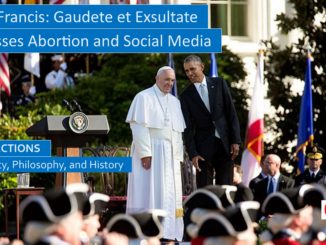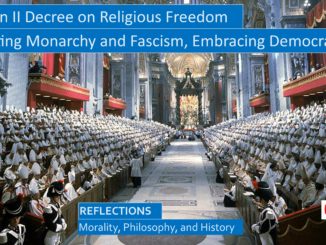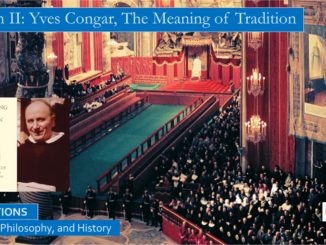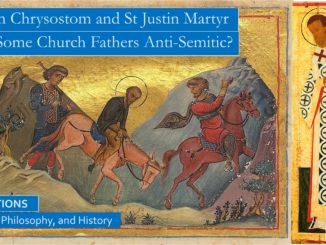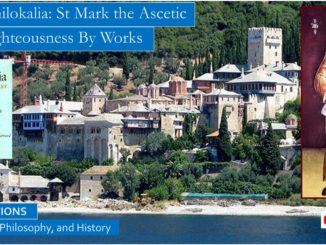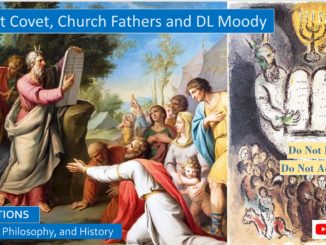
Do Not Covet, Do Not Envy, Early Church Fathers and Others
St Gregory Palamas teaches us that the command not to covet is not only a negative THOU SHALT NOT command but is more a SHALL positive command, that we shall be generous and show charity and lend to our less fortunate neighbor, and to watch after our neighbor’s interests, returning to him lost items you may find. “Covetousness, conceived in the soul, produces sin; and sin, when committed, results in death (James 1:5). Refrain from coveting what belongs to others and avoid filching things out of greediness. Rather you should give from what you possess to whoever asks of you, and you should, as much as you can, be charitable to whoever is in need of charity, and you should not refuse whoever wants to borrow from you (Matthew 5:42). Should you find some lost article, you should keep it for its owner, even if the owner is hostile towards you, perhaps your kindness will change him and your kindness will overcome evil, as Christ commands.” […]


